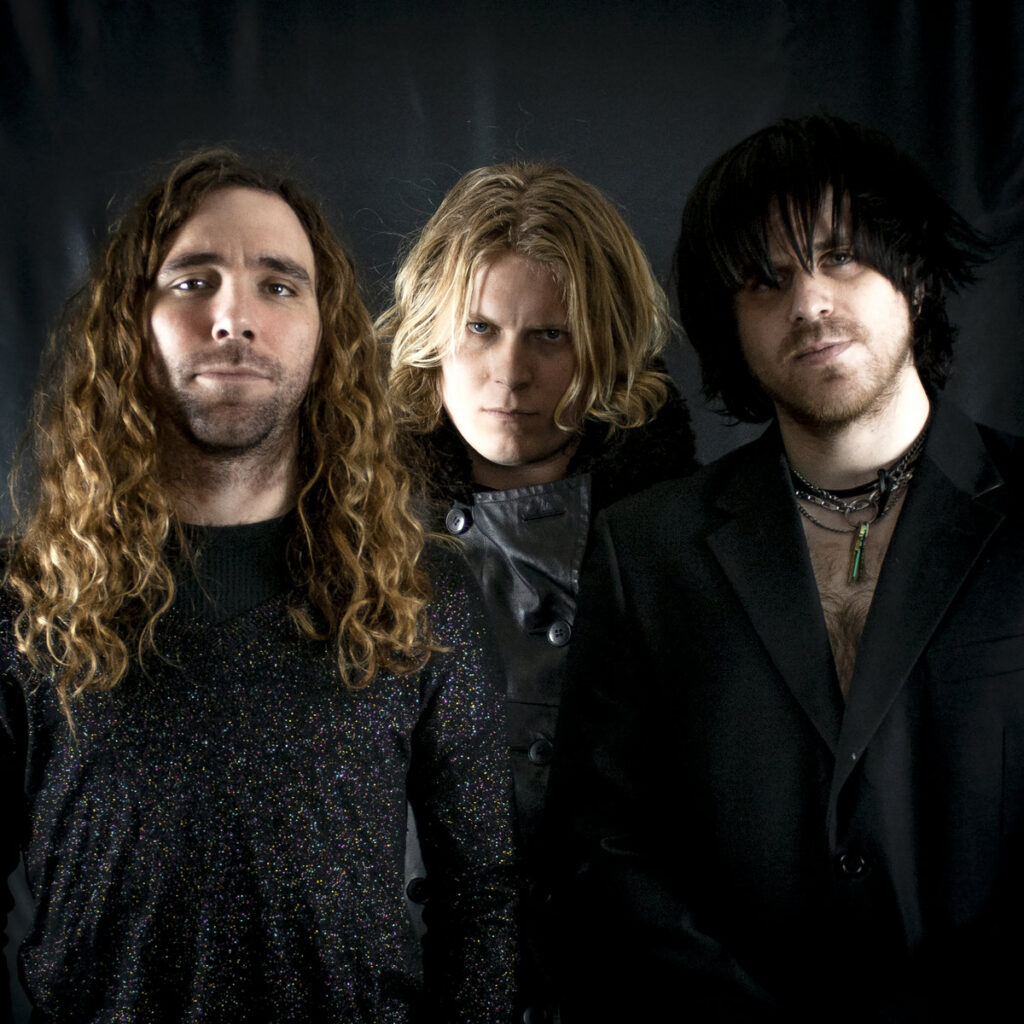
Guitar music has seen a lot of changes through the decades. Each era of rock has seen its fair share of styles and influences. There’s the blistering speed of old school 70’s punk, grunge and heavy metal of the late 80’s and early 90’s and the many branches of alternative rock by which the style has stretched on and evolved ever since. But there’s nothing quite like the blues-inspired classic rock of the 60’s and 70’s. Back when Leo Fender’s great invention started invading the airwaves worldwide and turned generations of kids into shredders and guitar heroes. This style of rock has sadly gone past its heyday and has been declining in popularity in the mainstream ever since.
Thankfully, Fuzz has got us covered. Their third release, aptly named III is a hard rock collection that hearkens back to the sounds of Led Zeppelin, Iron Maiden and Black Sabbath with an infusion of blues and psych elements ala Jimi Hendrix.
Opener “Returning” sets the tone with waves of guitar riffs swelling right out of the gates. Drummer and vocalist Ty Seagall’s singing captures the otherworldly style of Ozzy Osbourne during his prime.
If you’re looking for head banging rock with great guitar solos then this record should be right up your alley. “Nothing People” has them in spades, topped with a great groove and high-pitched screeching vocals reminiscent of Robert Plant. “Time Collapse” is perfect for pentatonic scale loving, blues-rock junkies like myself. A spicy droning riff envelops its initial section, but the tempo shifts in the midpoint, transforming into a time-warping guitar nirvana. It’s raw, sludgy and a tad improvisational, perfect to bust out on your speakers.
“Mirror” moves into proto-metal territory. If you’re looking for the gap that bridges Black Sabbath from Metallica, then this should be the perfect fit. Out of all the songs in this album, this is the one that shreds the most. “End Returning” closes out the collection with a mid-tempo burner. Running at almost 8 minutes, it’s a mixture of everything presented in the album so far. The guitars take over the whole mix, moving into psychedelic territory with drums that follow its melodies with perfect timing, something that John Bonham was known for back in the day. By the midpoint it swerves violently, getting heavier and darker before exploding in a frenzy of sound.
Fuzz may not be re-inventing the wheel with III, but in a nigh-forgotten genre that’s enjoyed decades of success and backed by the musical geniuses of our generation, that’s not a bad thing at all.
